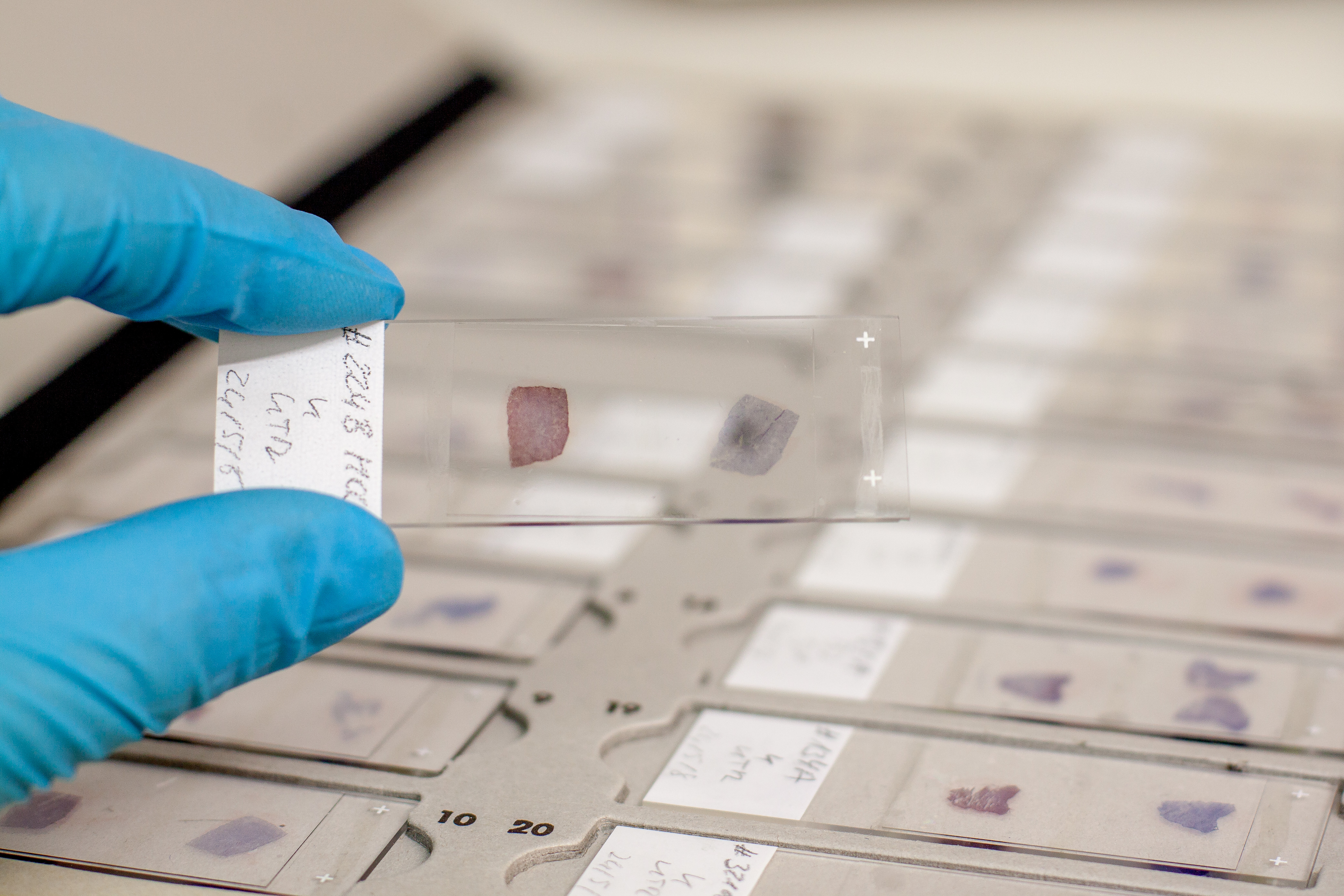In a hypertonic solution, a cell with a cell wall will lose water too. The effects of isotonic, hypotonic, and hypertonic extracellular environments on plant and animal cells is the same. Tonicity · hypertonic solution · hypotonic solution · isotonic solution · affect on animal cells (red blood cells) · affect on plant cells. If you place an animal or a plant cell in a hypertonic solution, the cell shrinks, because it loses water ( water moves from a higher . In biology, a solution outside of a cell is called hypotonic if it has a.

The cells swell then burst.
Blood cells surrounded by dilute solution are hypotonic. In animal cells that lack a cell wall, this can cause the cell to lyse, or burst. Tonicity · hypertonic solution · hypotonic solution · isotonic solution · affect on animal cells (red blood cells) · affect on plant cells. The effects of isotonic, hypotonic, and hypertonic extracellular environments on plant and animal cells is the same. For cells without a cell wall such as animal cells, . Immersion of all animal cells in a hypertonic solution (i.e., one in which the concentration of solutes is higher than it is in the cytosol) causes them to . Red blood cells placed in a solution with a higher water concentration . Animal cells tend to do best in an isotonic environment, . The cells swell then burst. In a hypertonic solution, a cell with a cell wall will lose water too. In a hypotonic solution, water flows into the cell. In the readings focus on what happens to cells when put in isotonic solutions (solute concentrations in solution is equal to that of the cell), hypotonic ( . In biology, a solution outside of a cell is called hypotonic if it has a.
Animal cells tend to do best in an isotonic environment, . Red blood cells placed in a solution with a higher water concentration . In animal cells that lack a cell wall, this can cause the cell to lyse, or burst. For cells without a cell wall such as animal cells, . Tonicity · hypertonic solution · hypotonic solution · isotonic solution · affect on animal cells (red blood cells) · affect on plant cells.

In a hypertonic solution, a cell with a cell wall will lose water too.
The cells swell then burst. In animal cells that lack a cell wall, this can cause the cell to lyse, or burst. Blood cells surrounded by dilute solution are hypotonic. For cells without a cell wall such as animal cells, . In a hypertonic solution, a cell with a cell wall will lose water too. The effects of isotonic, hypotonic, and hypertonic extracellular environments on plant and animal cells is the same. In biology, a solution outside of a cell is called hypotonic if it has a. Animal cells, especially nerve cells, rely on a hypertonic . Tonicity · hypertonic solution · hypotonic solution · isotonic solution · affect on animal cells (red blood cells) · affect on plant cells. In a hypotonic solution, water flows into the cell. Hypertonic solutions have a higher solute concentration. If you place an animal or a plant cell in a hypertonic solution, the cell shrinks, because it loses water ( water moves from a higher . Hypertonic solutions make plant cells lose water.
Animal cells tend to do best in an isotonic environment, . Tonicity · hypertonic solution · hypotonic solution · isotonic solution · affect on animal cells (red blood cells) · affect on plant cells. A hypertonic solution contains a higher concentration of solutes compared to. In the readings focus on what happens to cells when put in isotonic solutions (solute concentrations in solution is equal to that of the cell), hypotonic ( . In biology, a solution outside of a cell is called hypotonic if it has a.

Hypertonic solutions make plant cells lose water.
Animal cells tend to do best in an isotonic environment, . Immersion of all animal cells in a hypertonic solution (i.e., one in which the concentration of solutes is higher than it is in the cytosol) causes them to . Hypertonic solutions make plant cells lose water. Animal cells, especially nerve cells, rely on a hypertonic . In biology, a solution outside of a cell is called hypotonic if it has a. Tonicity · hypertonic solution · hypotonic solution · isotonic solution · affect on animal cells (red blood cells) · affect on plant cells. Blood cells surrounded by dilute solution are hypotonic. In animal cells that lack a cell wall, this can cause the cell to lyse, or burst. Hypertonic solutions have a higher solute concentration. In a hypertonic solution, a cell with a cell wall will lose water too. In a hypotonic solution, water flows into the cell. Red blood cells placed in a solution with a higher water concentration . The cells swell then burst.
Animal Cell Reaction To Hypertonic Solution / Osmosis Definition Types Examples Osmosis Vs Diffusion : In the readings focus on what happens to cells when put in isotonic solutions (solute concentrations in solution is equal to that of the cell), hypotonic ( .. Red blood cells placed in a solution with a higher water concentration . Tonicity · hypertonic solution · hypotonic solution · isotonic solution · affect on animal cells (red blood cells) · affect on plant cells. In biology, a solution outside of a cell is called hypotonic if it has a. In the readings focus on what happens to cells when put in isotonic solutions (solute concentrations in solution is equal to that of the cell), hypotonic ( . In animal cells that lack a cell wall, this can cause the cell to lyse, or burst.
Post a Comment